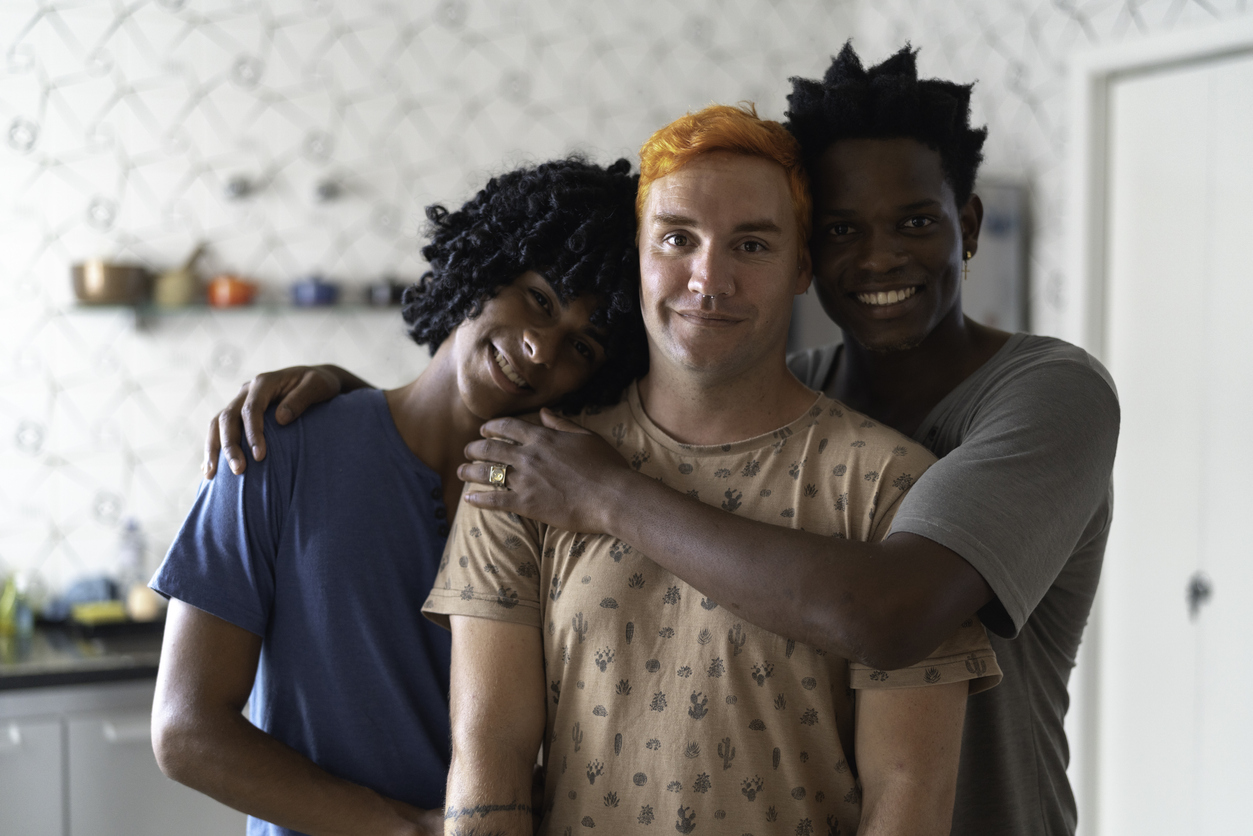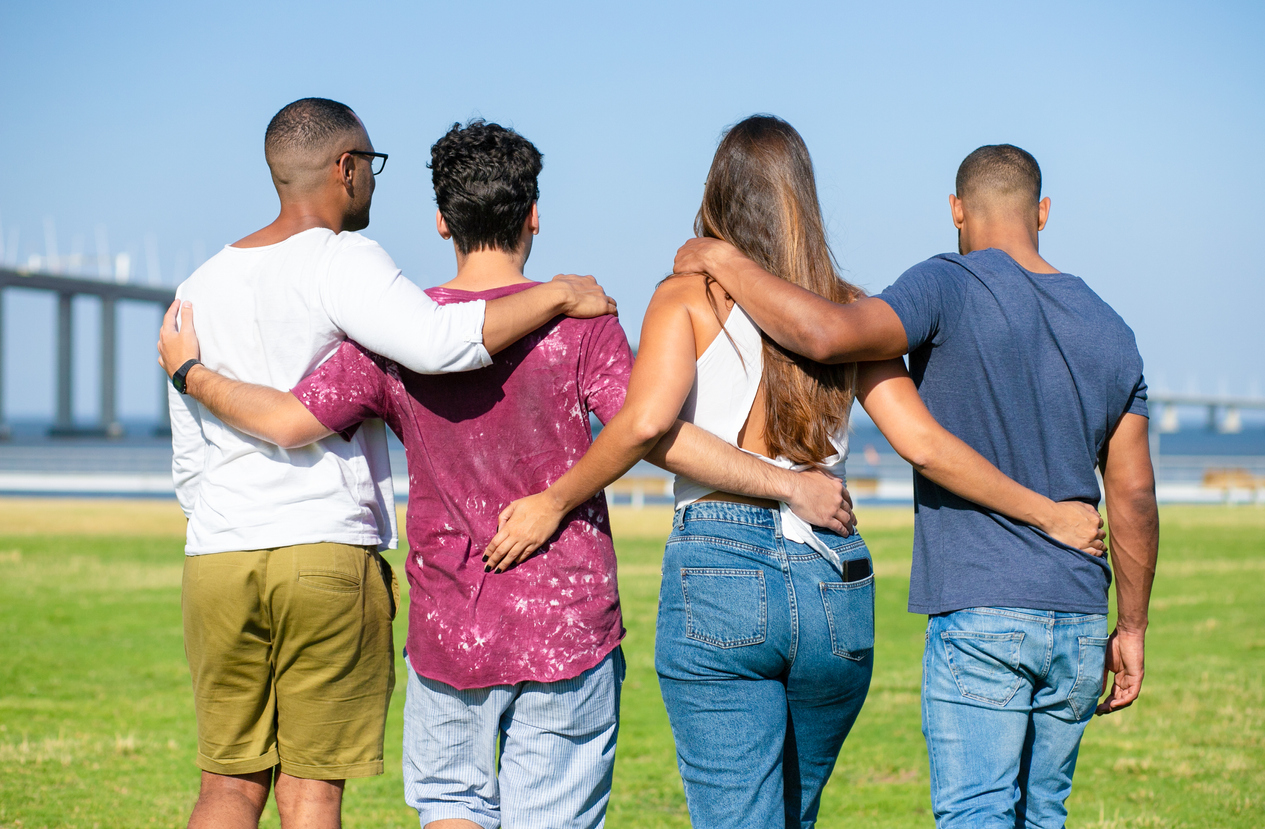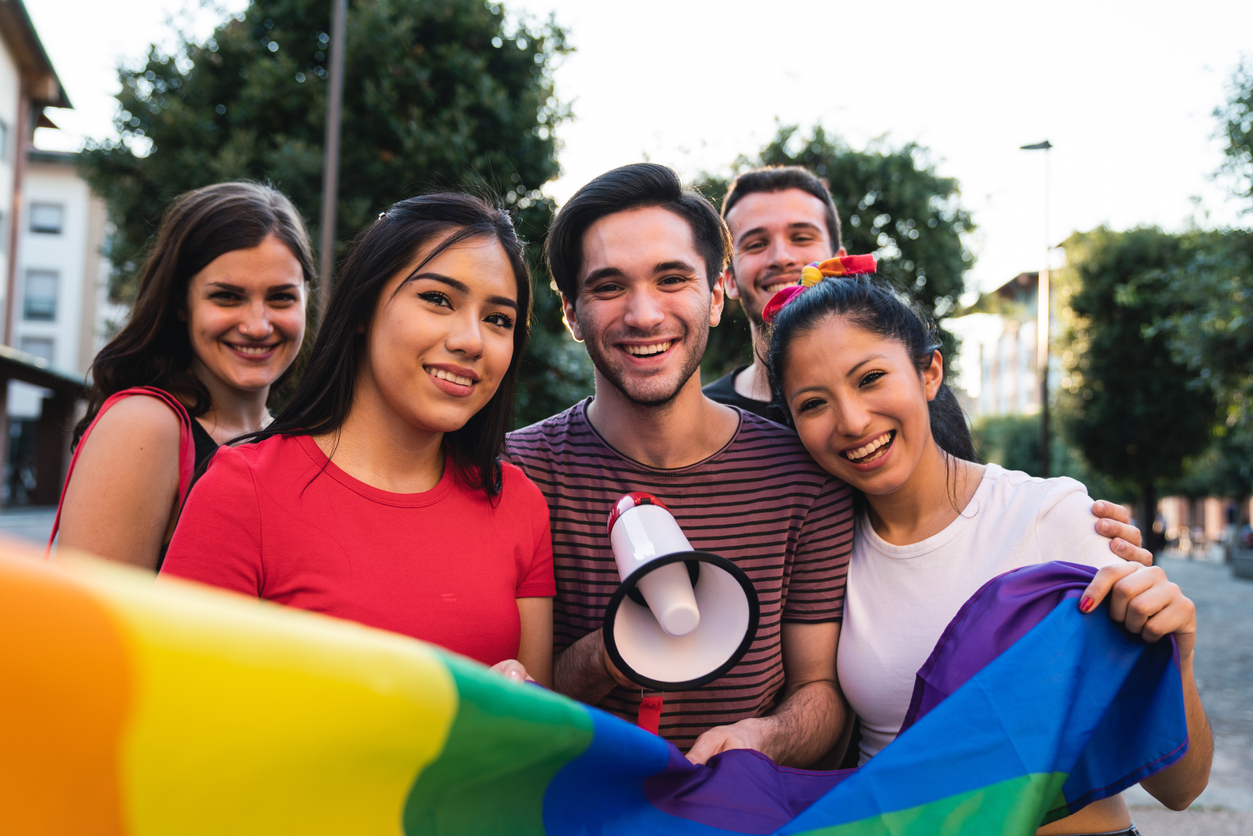
Somerville, Massachusetts, has passed a brand-new, groundbreaking ordinance that gives people who are in polyamorous relationships the same rights that married couples in the city already enjoy. This is believed to be the first such ordinance anywhere in the United States.
The ordinance also expands the definition of a domestic partnership to include three or more people.
Councilor JT Scott explained, "People have been living in families that include more than two adults forever. Here in Somerville, families sometimes look like one man and one woman, but sometimes it looks like two people everyone on the block thinks are sisters because they've lived together forever, or sometimes it's an aunt and an uncle, or an aunt and two uncles, raising two kids."
The councilor also stated that in a city of approximately 80,000 residents, he knows of at least two dozen polyamorous couples who all stand to benefit from the new ruling.

The need for the ordinance began to become clear to the people of the city as citizens struggled with the health crisis. Many people who were in relationships with others found they weren't allowed to visit their partners who were sick, because they weren't legally married.

With the new ordinance, people who are in polyamorous relationships can share health benefits with all of their partners and can visit one another in the hospital. As the councilman put it, "This is simply allowing that change, allowing people to say, 'This is my partner and this is my other partner.'"

Councilor Lance Davis also explained, "Folks live in polyamorous relationships and have for probably forever. Right now, our laws deny their existence and that doesn't strike me as the right way to write laws at any level. Hopefully this gives folks a legal foundation from which to have discussion. Maybe others will follow our lead."

Polyamory is often misunderstood by people who haven't engaged in that type of relationship — a lot of people think that it's essentially glorified cheating. But many who have polyamorous relationships love the lifestyle and are deeply committed to both or all of their partners.

Everyone in a polyamorous relationship is consenting to the choice to be there, which is what makes it very different from cheating. Cheating is all about lies and deception; polyamory is about committing to more than one person in a way that is respectful to everyone you're involved with.

Many who are in polyamorous relationships have their own guidelines and rules about how the relationship works — just like any other relationship. So there isn't one stock way to have a polyamorous relationship, and every couple is different. It all comes down to being honest about what works for you and what doesn't.

It's currently estimated that between 4% and 5% of people in the United States are in polyamorous relationships. CBS News has noted that around 4.5% of Americans identify as LGBT, which means that roughly the same percentage of Americans are in polyamorous relationships. It's probable that you know people who are in poly relationships and you don't even realize it!

Councilor Lance Davis also said that since the city had not yet recognized domestic partnerships, they took the opportunity to just really flesh out the rule: "During our initial conversations, a couple things jumped out. The first draft required domestic partners to notify the city of any change of address, which struck me as not in line with what married folks have to do, and required that they reside together, which again struck me as something I'm not required to do as a married person, so we got rid of those provisions."

When they were getting ready to settle on the ordinance, JT Scott asked why the wording was limited to only two people. There didn't seem to be a good reason, so they changed it.
"[He] reached out and said, 'Why is this two?' And I said, 'I don't have a good answer.'"

"I tripped over my words a bit, and played devil's advocate, but I had no good reason. So, I pulled it out, went through quickly making whatever word changes necessary to make it not gendered or limited to two people."
The ordinance was submitted on June 25 and passed on June 29, 2020.




